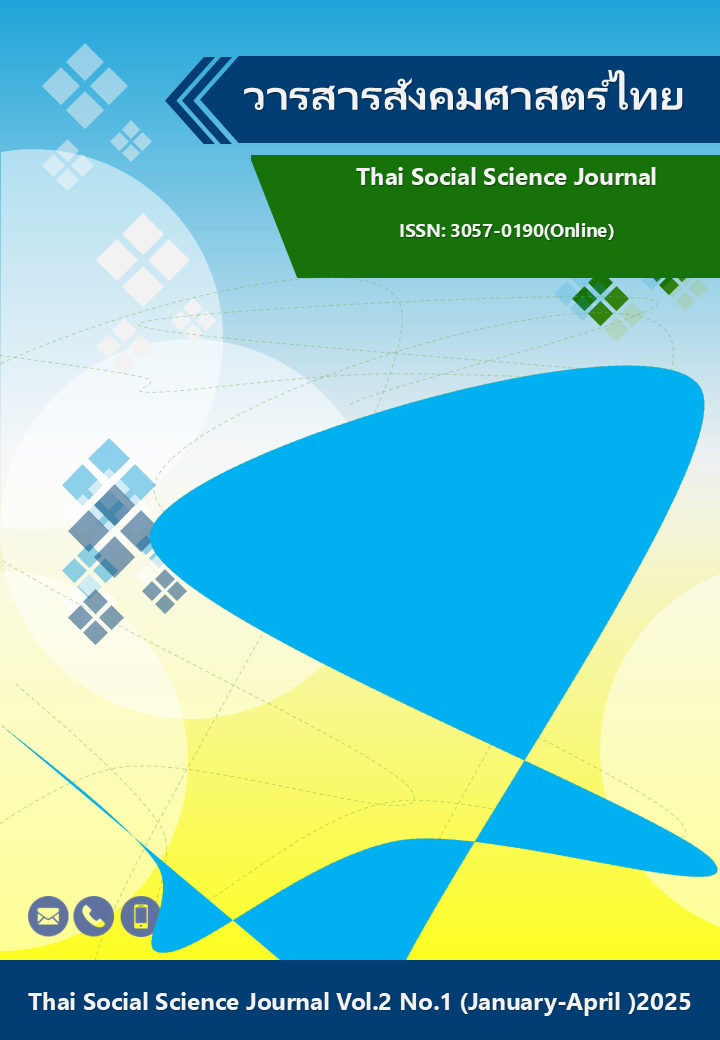Problems and Obstacles of Policies Addressing PM2.5 Pollution in Thailand
Main Article Content
Abstract
PM2.5 pollution remains a major environmental and public health issue in Thailand, particularly during the winter season when open burning and industrial emissions intensify. The Thai government has implemented various measures to mitigate pollution, including regulating agricultural burning, enforcing strict environmental laws, promoting clean technology in industries, and collaborating with ASEAN countries to address transboundary pollution.However, significant challenges remain, particularly in the enforcement of regulations and inter-agency coordination. The lack of effective collaboration between key institutions, such as the Ministry of Agriculture and the Ministry of Industry, has led to inconsistencies in policy implementation and regulatory loopholes. Economic constraints also pose a major obstacle, as many farmers continue to rely on crop residue burning due to its low cost, while transitioning to environmentally friendly agricultural practices requires significant investment. In the industrial and transportation sectors, the adoption of clean technology remains limited due to inadequate government support and insufficient financial incentives. To effectively combat PM2.5 pollution, Thailand must strengthen inter-agency cooperation, enhance incentives for clean technology adoption, and improve law enforcement mechanisms. Additionally, economic incentives should be introduced to encourage farmers and industries to invest in sustainable practices. Increased public and private sector participation, along with strengthened international cooperation, will be essential for achieving long-term solutions to PM2.5 pollution in Thailand.
Article Details

This work is licensed under a Creative Commons Attribution-NonCommercial-NoDerivatives 4.0 International License.


